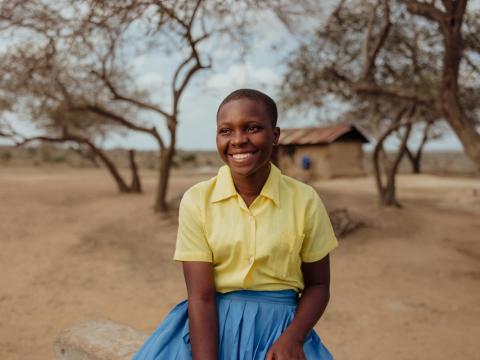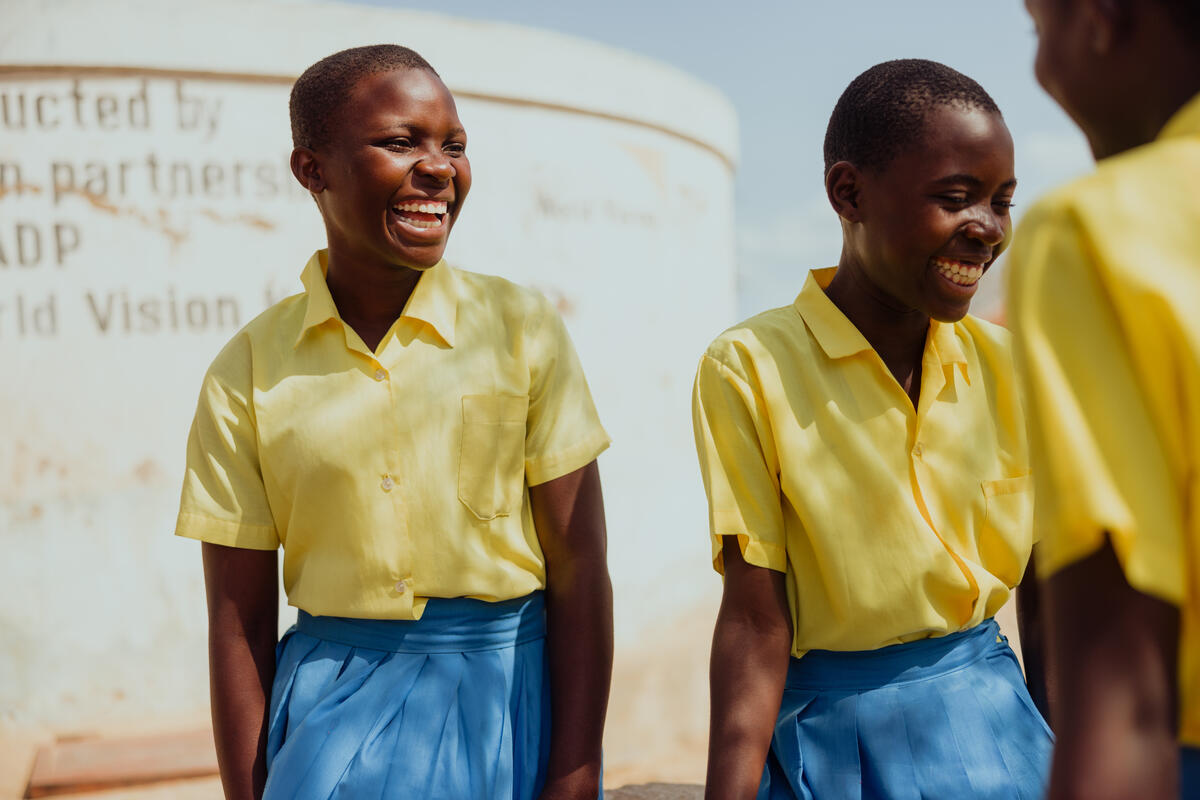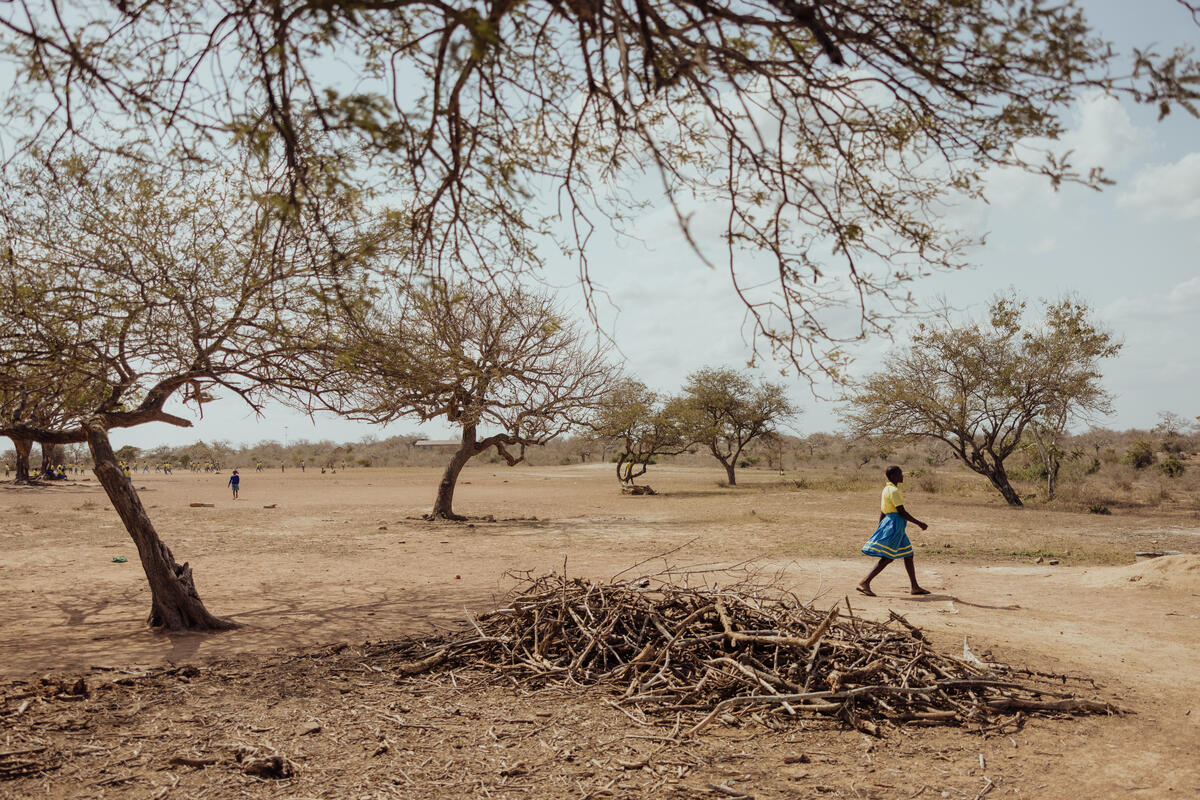Faith’s story | Hunger and Education in Kenya

15-year-old Faith lives in a rural Kenyan town called Bamba. She and her family have been struggling to find food because the drought of the last few years has made it increasingly difficult. Rain has always been unpredictable in Bamba, but the recent drought has pushed many households to desperation, reaching a crisis point after the rains failed to come the previous September as well. Adding to the challenge, there are also many elephants in the area who come out of the nearby national park looking for food when it’s dry, uprooting the few crops that people have been able to grow.
“I often think - and wish – that we were in a position to get food. We wouldn’t be in the situation we are in,” said Faith.
Faith’s family frequently doesn’t have enough food to feed them all, and they often go to bed hungry.

William Thoya, the head teacher at Kilifi primary school in Bamba, says recently many parents weren’t able to feed their families, and were resorting to leaving their children behind, for days at a time, while they travelled to other areas where bigger trees grow to make charcoal to sell at the market. The money they earn is rarely enough to cover their family’s needs, but people in the area have no other way to make a living. As well as causing rising malnutrition and health issues, hunger also caused many children to drop out of school because they couldn’t face the walk to get there.
Older boys sometimes try to earn some money taxiing passengers on a motorbike, while girls are sometimes married off.
“Hunger increases risk of child marriage. The parents want to get money, in terms of dowry, in order to buy food, so they may be tempted to marry off their daughters early,” William noted.
Faith says many girls her age are chasing after the boys who taxi people between villages on their motorbikes because they have money for food.
“If there is no food at home, girls look for motorcycle riders who have money to marry them,” Faith explains. Several of those girls have ended up pregnant and dropping out of school as a result.

World Vision has been helping children and the community in Bamba to tackle their biggest challenges for more than ten years, and together, have continued to stand with them to face the hunger crisis as it escalated in their region. A school feeding programme launched in January to provide urgently needed help for Bamba’s children. Twelve schools received maize, beans and cooking oil at the start of the term, enabling them to provide daily meals for each child who attends. At one primary school alone, attendance went up by about 40 students within the first term of the school feeding programme because children knew they would have something to eat at school.
In the long term, World Vision is continuing to support families in Bamba to build economic resilience to future emergencies, helping families to diversify their income streams and start small businesses, like tailoring or small stores, and to manage, save and borrow money through savings groups.